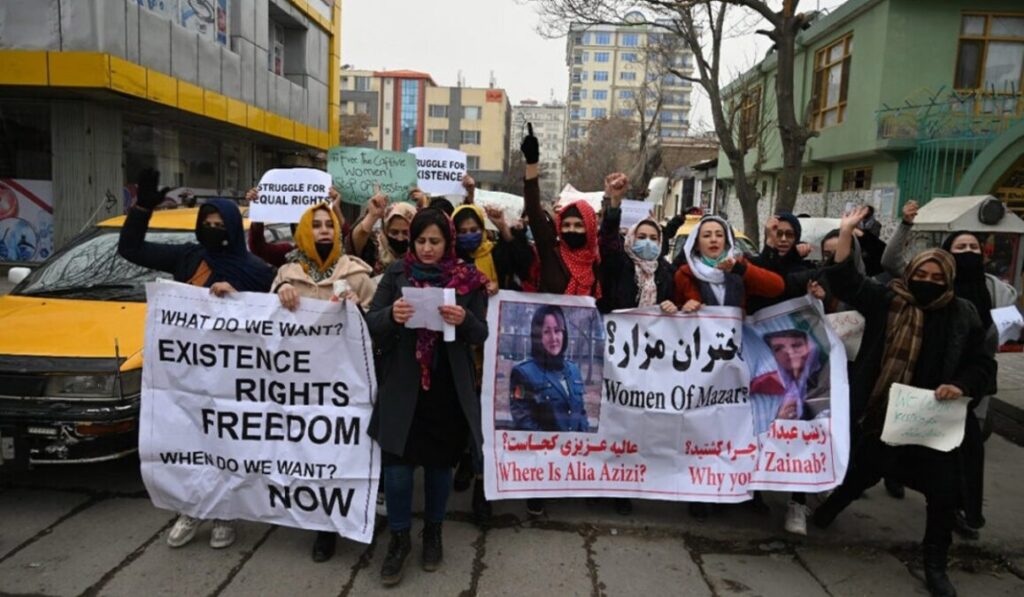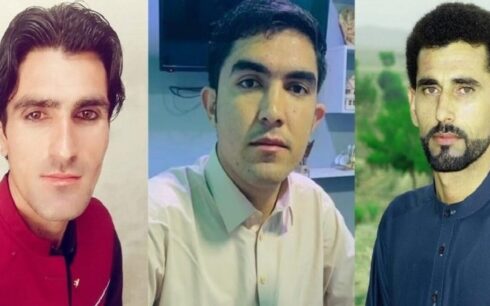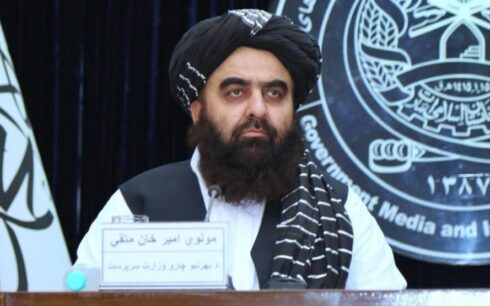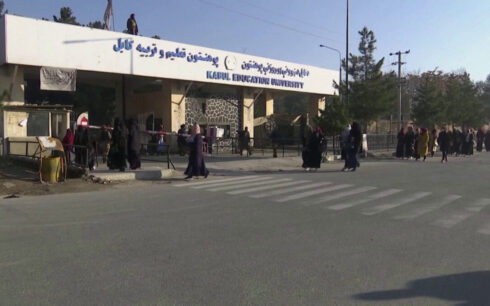Human rights organizations have accused the Taliban of committing gross human rights violations in Afghanistan over the past 17 months, including but not limited to executions, detentions and torture.
Civilians
United Nations Assistance Mission in Afghanistan (UNAMA) has reported that at least 7,000 civilians were killed by the Taliban between August 15, 2021 and August 15, 2022.
UNAMA also recorded 160 cases of murder, 178 cases of arbitrary arrest, and 56 cases of torture by the Taliban during this period. The group has also been accused of killing dozens of civilians in Panjshir, Andarab, Takhar, and some other provinces in the past year.
Women
2022 was marked by the suppression of Afghan women by the Taliban; women’s protests were cracked down on, they were beaten up and a number of protesters were detained during 2022 – a clear violation of human rights.
The arrest of protesting women is one notable case of human rights violations by the Taliban in 2022, which drew strong criticism from the international community. Several women activists involved in the protests, including Farhat Popalzai, Zarifa Yaqoubi, and Humira Yousefi, were detained by the Taliban for having protested.
According to statistics given to Amu TV by the women’s, around 100 protests were held last year by the women’s movement in the cities of Kabul, Herat, and Mazar-e-Sharif in response to the restrictions imposed by the Taliban on Afghan women.
Former security personnel
Another instance of human rights violations on the part of the Taliban was that against former Afghan security forces, who were persecuted, arrested and killed in the past year.
Despite a general amnesty announced during the first days of the Taliban takeover, a number of former soldiers were arrested by the group and many were brutally killed. Most murders have occurred in the northern provinces, particularly in Panjshir.
Forced evictions and land usurpation
The Taliban has forcibly evicted dozens of families in Panjshir, Andrab, and Khawaja Bahauddin of Takhar province and usurped lands in the Hazara areas. These were also in clear violation of human rights by the group last year. The Taliban killed several people of Hazara ethnicity, including women and children, in Daikundi province of Afghanistan, which triggered strong reactions from the international community.
Forced marriage
The Taliban were also blamed for many cases of forced marriages in the country.
Nazifa Jalali, head of one of the research institutes, said that since the Taliban took control of Afghanistan, 2,200 cases of forced marriages have been registered by her institute, of which the Taliban forces were involved in 900 cases.
The institute has also documented 55 cases of assault of women by the Taliban.
Arrests and imprisonment
It is not clear how many people were arrested and imprisoned in 2022 by the Taliban. The Red Cross Committee, however, said that it has provided humanitarian services for 12,000 prisoners in Taliban jails.
Violence against journalists
Afghanistan Journalists Center (AFJC) said in its annual report in late December that it had documented 260 cases of violence against journalists and media outlets, including threats, detentions, and assault by the Taliban showing a 138 percent increase compared to 2021.
Punishments
The Taliban began implementing strict Sharia laws, including Hudd and Qisas, in 2022 which provoked condemnation by the international community.
The Taliban publicly whipped at least 260 people across Afghanistan after convicting them of robbery and moral crimes last year.
The group also publicly executed a man in Farah province for the first time since they regained power, which again drew strong condemnation from the international community. The Taliban, however, said that the execution was according to “Sharia law” and that they did nothing wrong.
Torture and murder of prisoners of war
Torture and killing of prisoners of war by the Taliban, which were captured on video and released on social media, is considered a war crime.
According to a report, the Taliban shot dead a number of prisoners of war in Panjshir, Badakhshan, and Baghlan (Andrab) provinces.
Sources have told Amu TV that the Taliban killed commanders of the anti-Taliban resistance front, including Malik Khan, Bahruddin Agha, Hamid Mujahid, Khair Mohammad Khairkhah, and Mohammad Yar, in Panjshir, Badakhshan, and Andrab of Baghlan province along with their men after being captured.
Footage released on social media shows that the Taliban opened fire on Mohammad Yar, three of his sons, his brother, and three of his colleagues in Panjshir.





